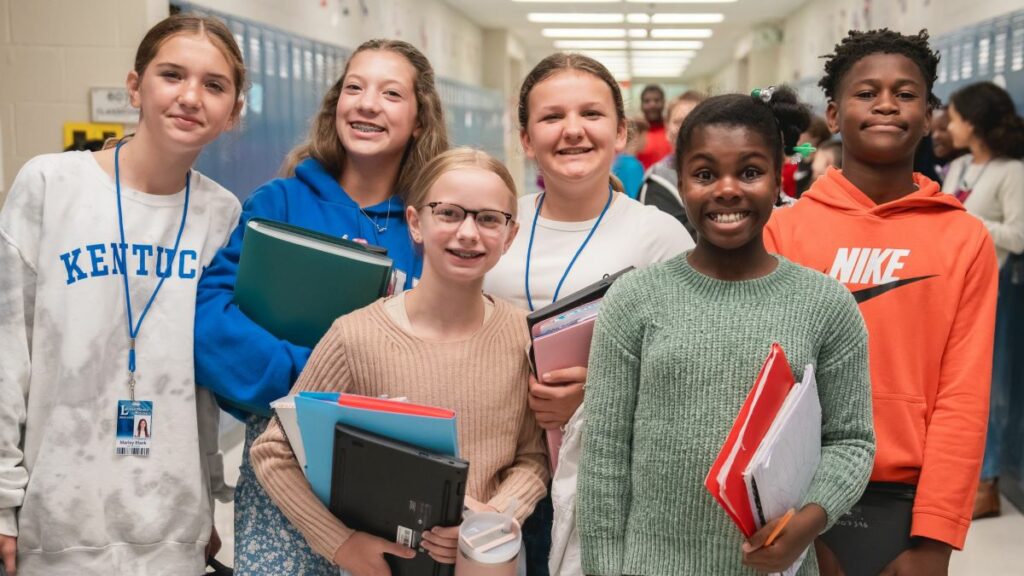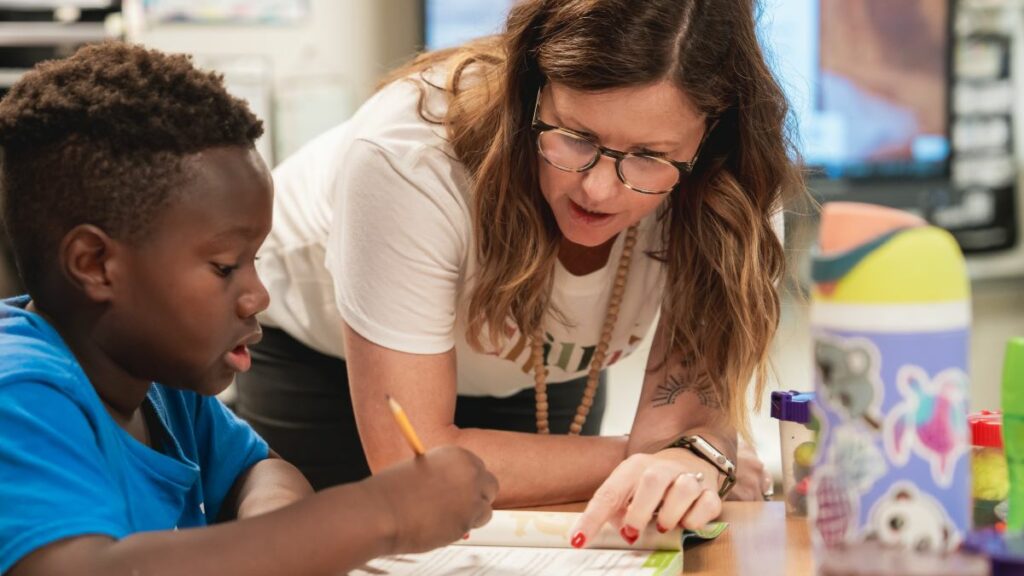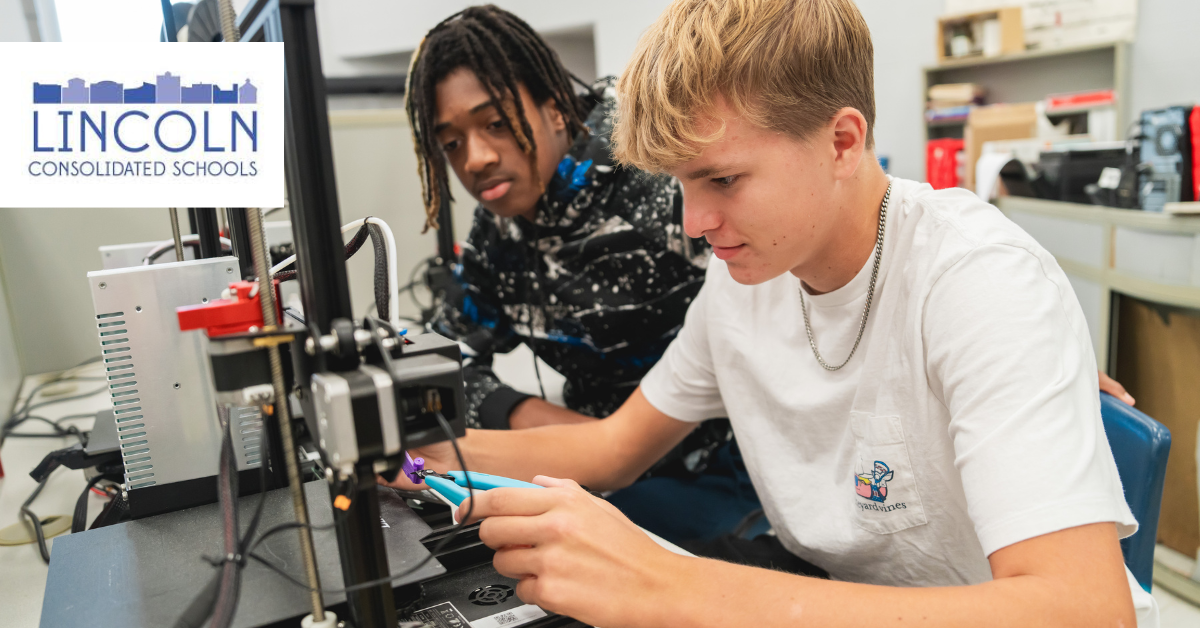Artificial intelligence.
You can’t watch a news show, scroll your social media, or scan reading material without seeing reports on AI. As educators, the questions about AI go deep. Can we safely harness this tool? What will AI’s impact be in the classroom? Can we teach educators of all stripes how to educate children to use AI?
And how in the world do we prepare students to succeed in a world we can’t even imagine?

Robert Jansen, superintendent of Lincoln Consolidated Schools (LCS) in Ypsilanti, Michigan, believes his district is positioned to answer at least that final question, thanks to competencies captured in their Portrait of a Graduate.
As they began the work in 2022, Lincoln’s Portrait and their Battelle for Kids-facilitated strategic plan have been prescient in the face of artificial intelligence’s evolution, Jansen and his team have found. Creating a North Star for their district’s educational focus has helped them be adaptable in the face of this latest challenge.
“That’s why we have a Portrait of a Graduate,” Jansen said. “We have no idea what the future is going to be for our kids, but we still need these important competencies.”
In Lincoln’s case, these competencies are critical thinking, empathy, communication, collaboration, global citizenship, and adaptability.
“They’ll be prepared no matter what the world throws at them,” he said. “And if someday kids don’t need to, for instance, think critically because of AI, then we can eliminate that competency. But I don’t see that happening.”
Jessica Harding, a senior director from Battelle for Kids, helped guide the district through the process, which places an emphasis on a future-ready vision for each student.
“You could tell that they were very immersed in the process,” said Harding. “They were very engaged in their community and their community was very engaged in the work. They asked a lot of great questions, and they showed up.”
Lincoln’s 2022 Portrait of a Graduate and subsequent 2023 strategic plan were supported by the district sending a team to an intensive Battelle for Kids RoadMap21 session in Columbus, Ohio. According to Jansen, this immersive experience was critical.
“We had principals, our HR director, teacher leaders, a union president…we wanted everyone on board,” he said. “That process was intense. Sometimes you go to conferences, and it’s a lot of just sit-and-get. This was engaging, and we spent a lot of time in high-level conversations and really thinking about the work.”
The focus on deeper learning has been something that has caught on as implementation has moved forward. The district offered a Saturday workshop with teachers who wanted to learn more. A number of teachers piloted Portrait-focused lessons in their classrooms and then came back and debriefed with their peers.
“And we’ll keep building on that,” Jansen said. “Having teachers choosing to [give up a Saturday], that’s contagious. Seeing the excitement and seeing the smiles after a success – we heard ‘I want to do that too!’”

As the district engaged in discussions about how the world has changed over the last generation, it almost unanimously found technology to be a critical consideration, which brings us back to artificial intelligence. Jansen said he is grateful that his team had already focused on adaptability in day-to-day lessons as AI began to emerge.
“We’re preparing kids for a future that nobody has any idea what it’s going to look like,” he said. “Everything is evolving so quickly. Having that Portrait to guide us is a help.”

